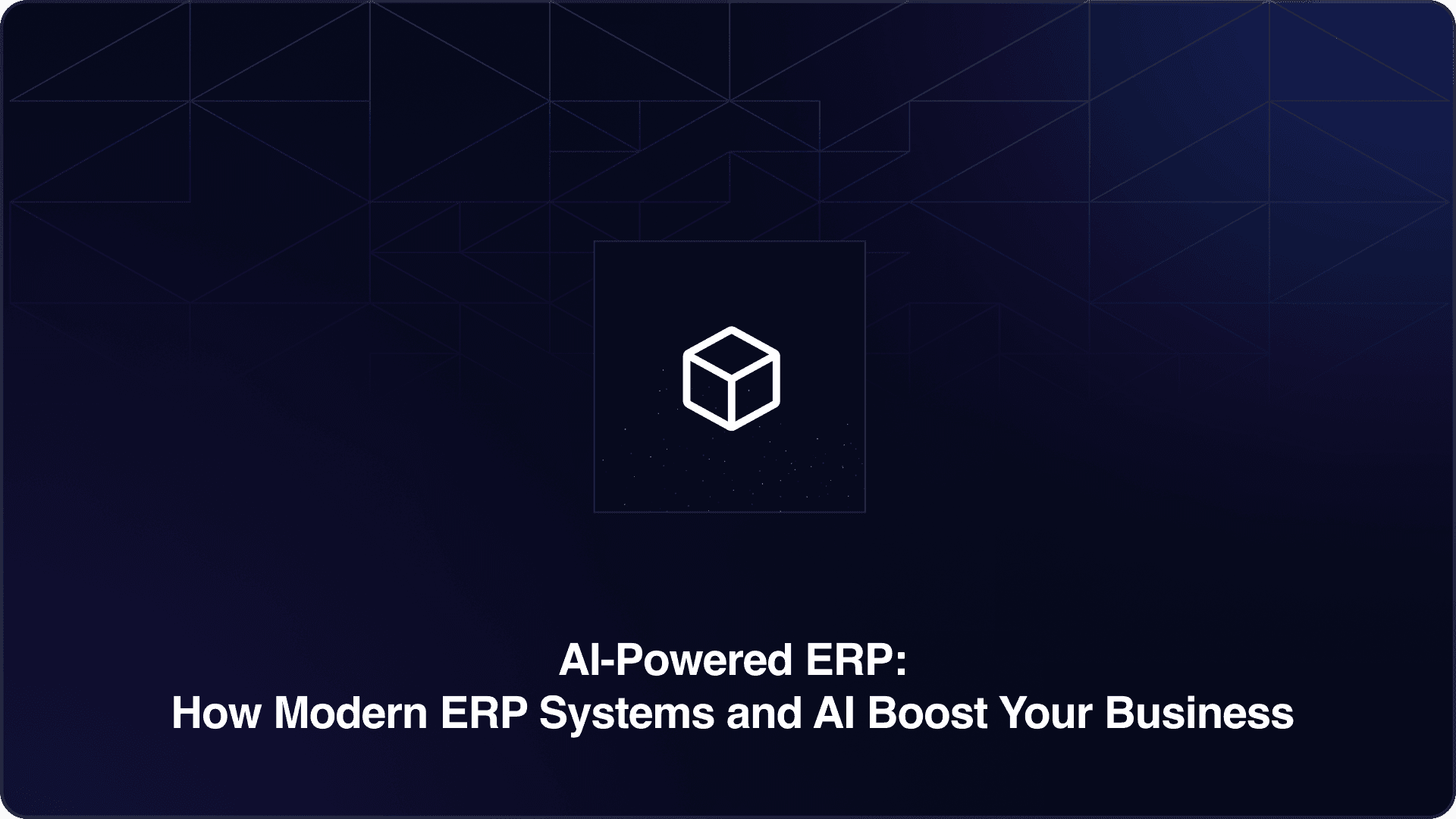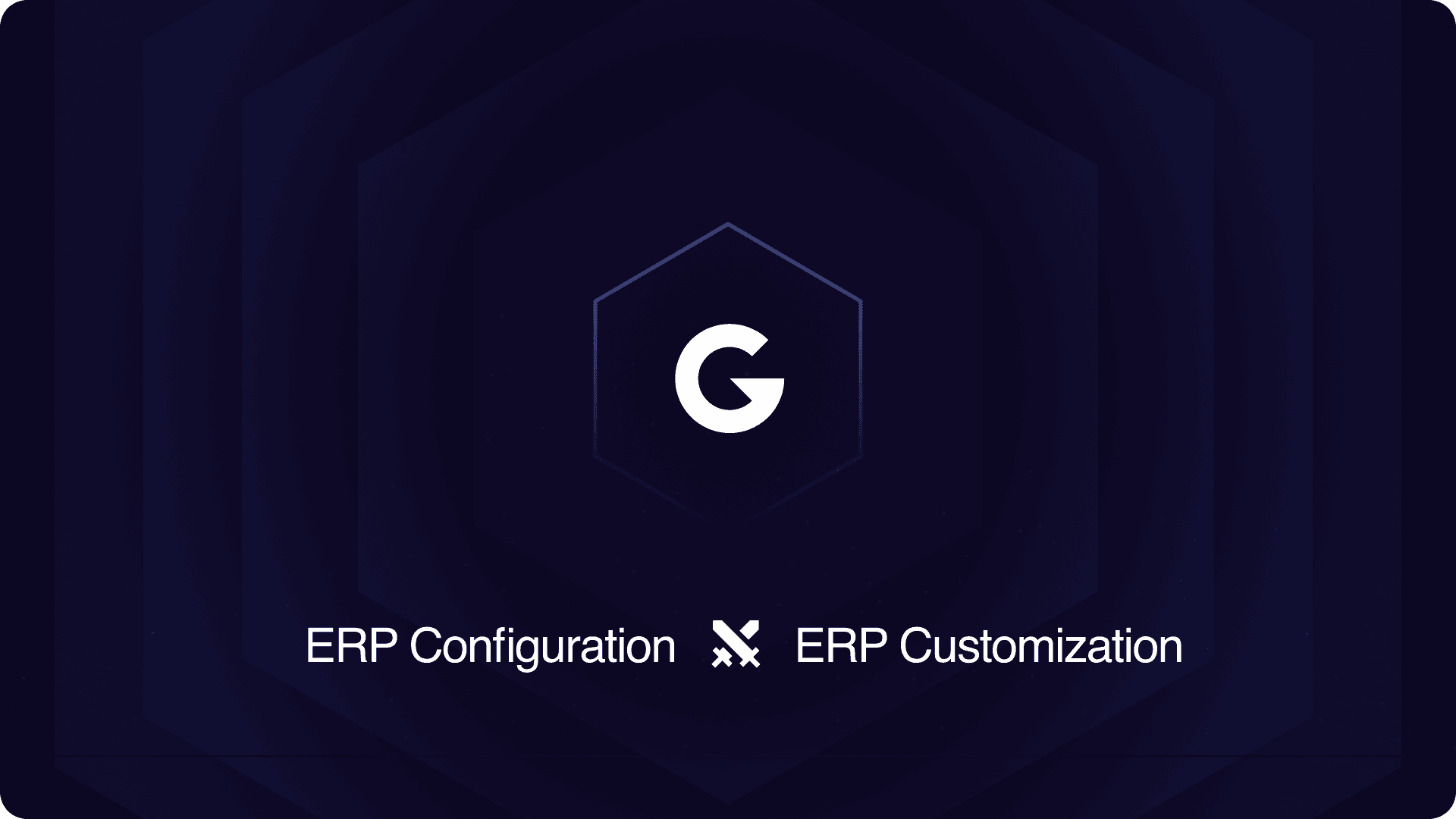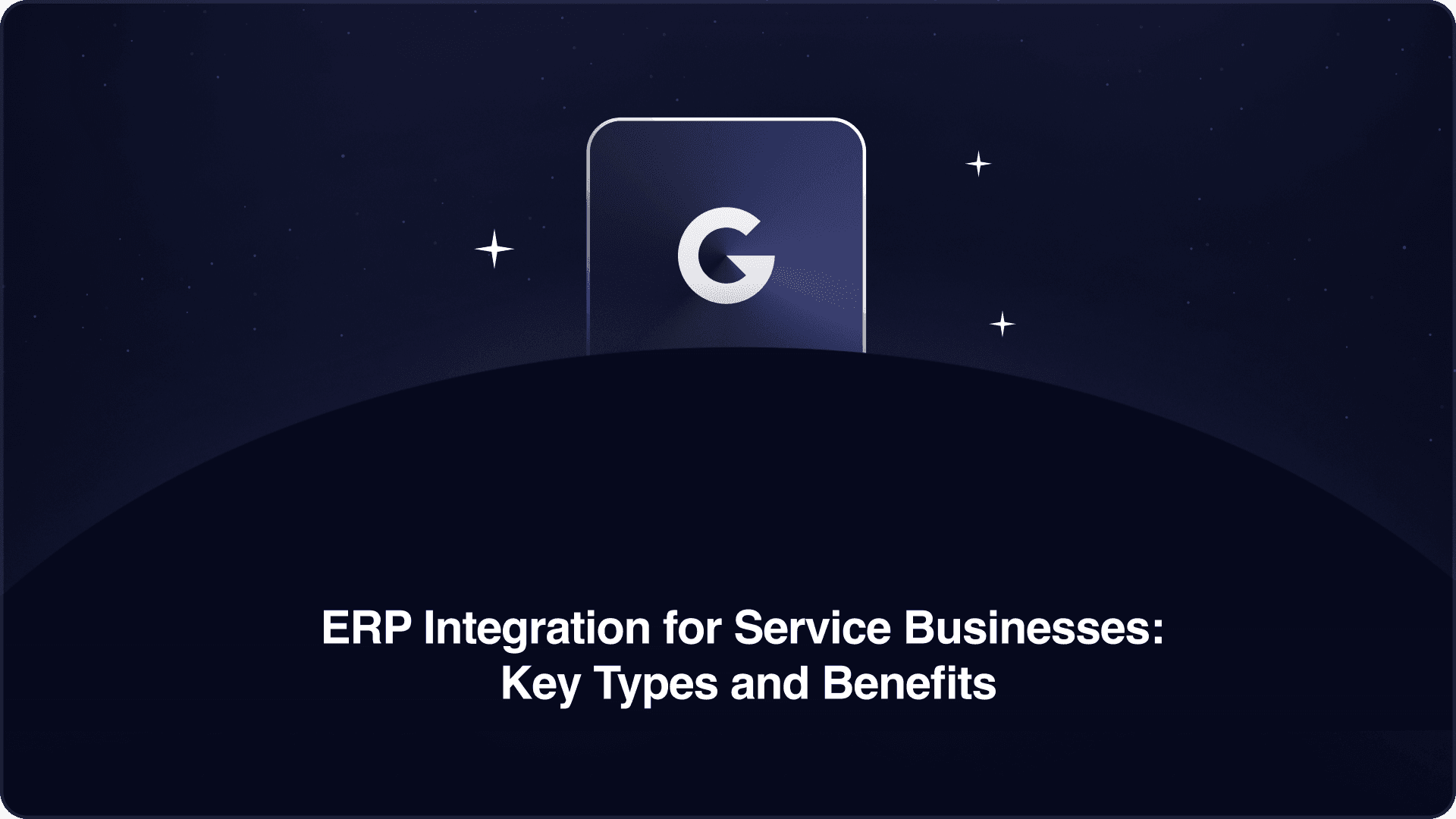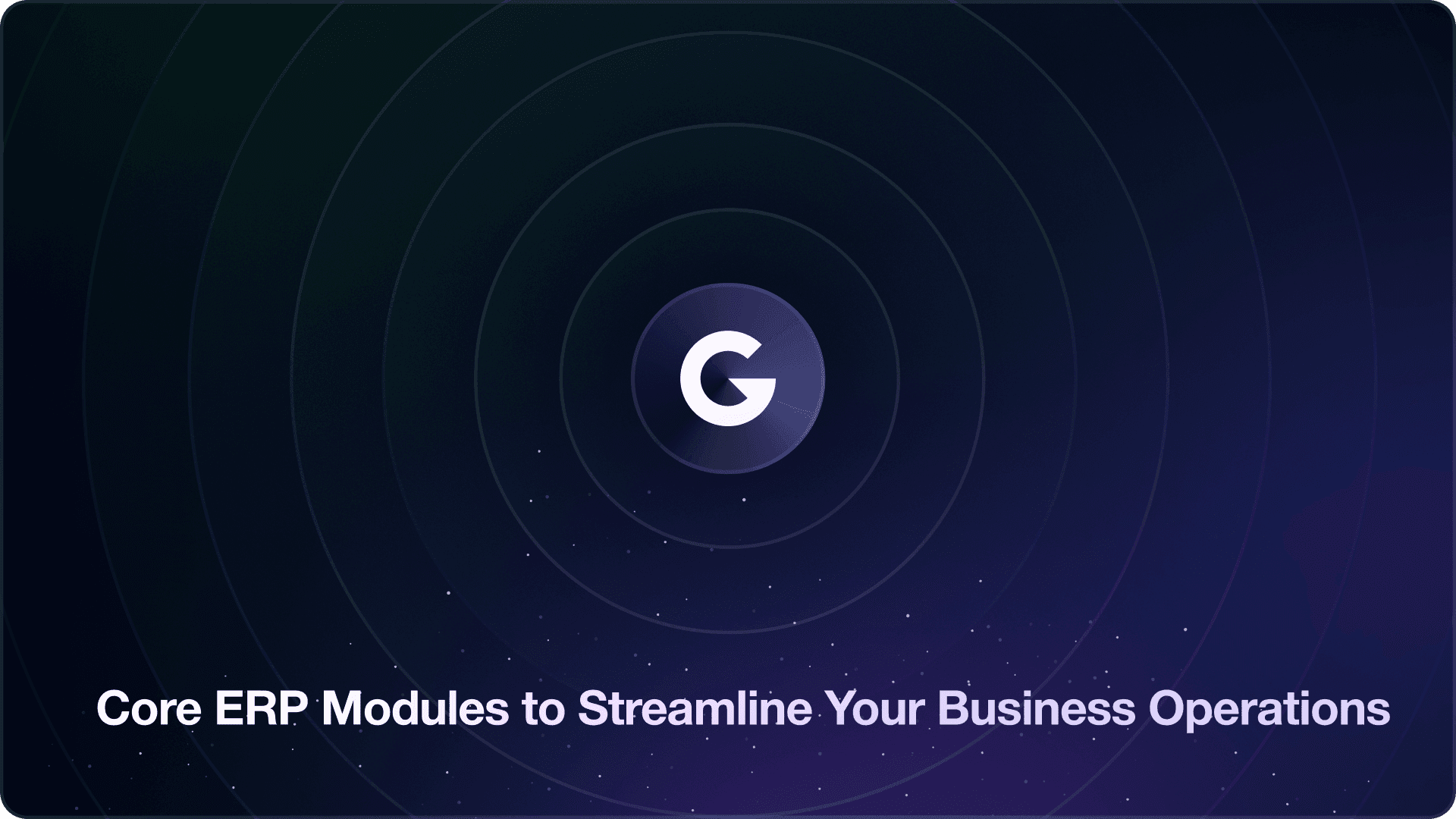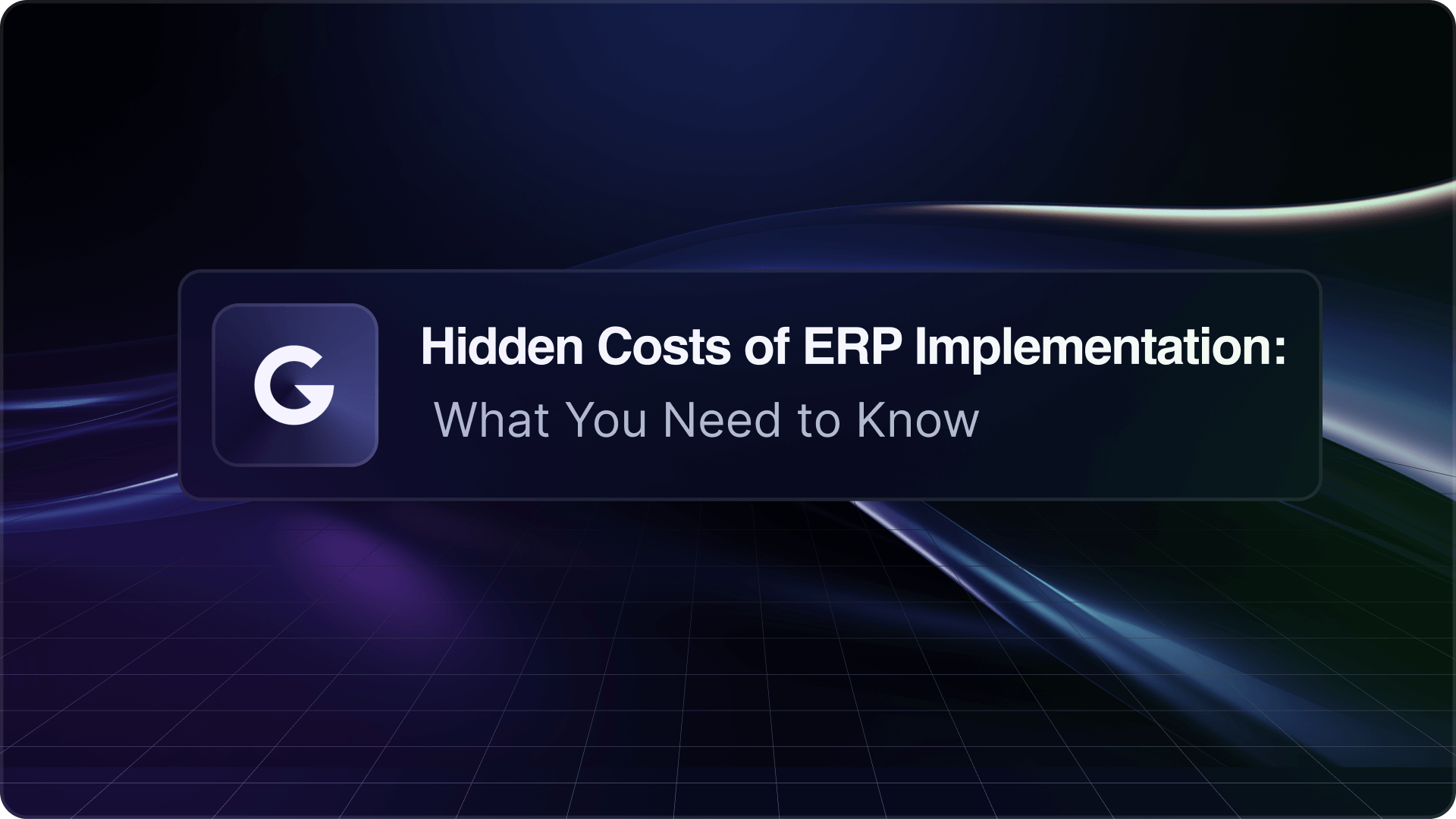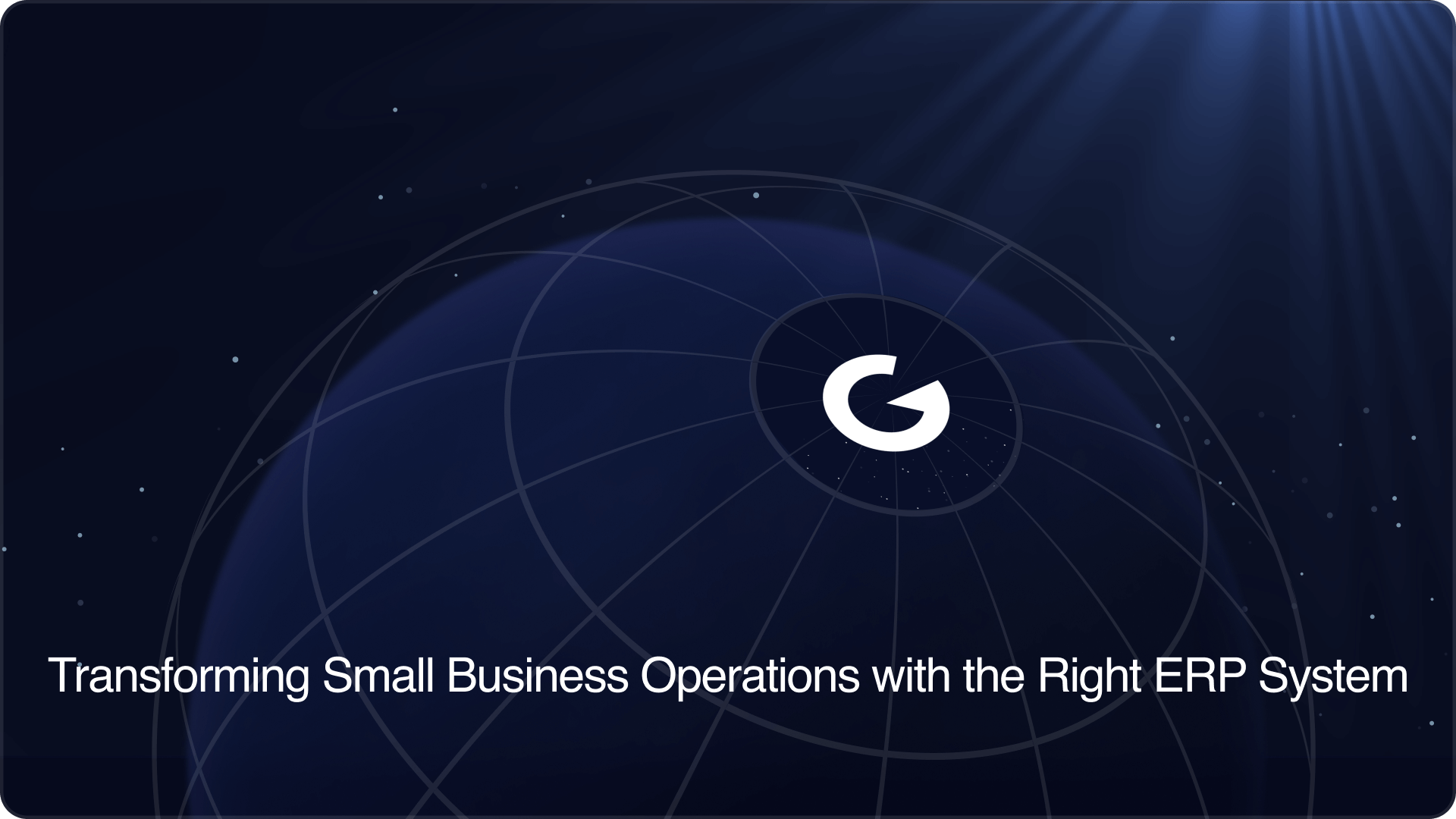Enterprise Resource Planning (ERP) systems have long been the backbone of business management, providing a centralized platform for managing core business processes. Initially, these systems were primarily designed to help businesses manage basic functions like accounting, inventory management, and customer relationship management (CRM) and were often complex, and difficult to implement, requiring substantial investments in time and resources. However, over the years, as technology advanced and business needs changed, ERP systems began to incorporate more sophisticated functionalities.
Today, The emergence of AI technologies in recent years has fueled a paradigm shift in ERP. This transition empowers businesses to exploit AI technologies to make data-driven decisions, optimize resource utilization, enhance customer experience, and increase operational efficiency of businesses. This article explores how AI-powered ERP systems can transform your business operations, offering practical implementation tips and highlighting their myriad benefits.
What is AI in ERP?
To understand the impact of AI in ERP, it's essential first to get the basics of ERP systems. Traditional ERP systems are software platforms that help businesses manage and integrate various business processes—such as finance, human resources, supply chain, and customer relations—into a unified system. These systems have been the backbone of business management for decades, ensuring that different departments work seamlessly together.
Meanwhile, AI in ERP refers to incorporating AI technologies into an ERP system to leverage AI capabilities such as query data, drive insights, and automation. With this integration, an AI-Powered ERP system can help businesses to improve various aspects of business management such as automating routine tasks, optimizing resource allocation, and generating actionable insights.
Key components of ERP System with AI
Machine Learning (ML)
Machine learning is a subset of AI that enables ERP systems to learn from historical data and improve their performance over time. By analyzing patterns and trends within the data, ML algorithms can predict customer behavior, enhance customer service, and give personalized recommendations. This capability allows businesses to make proactive decisions based on data-driven insights rather than relying solely on intuition or experience.
Predictive Analytics
Predictive analytics plays a crucial role in AI-powered ERP systems by analyzing past data to identify patterns and forecast future outcomes. This powerful tool allows businesses to anticipate market shifts, optimize pricing strategies, and make better resource allocation decisions. With predictive analytics, organizations can gain a competitive edge by staying ahead of industry trends and responding swiftly to changing market conditions.
Natural Language Processing (NLP)
Natural language processing facilitates human-machine interaction by enabling users to communicate with ERP systems through natural language. This capability makes data access and insights easier to understand, allowing employees to interact with the system more intuitively. NLP can be employed in chatbots, virtual assistants, and voice-activated commands, enhancing user experience and streamlining workflows.
Deep Learning
Deep learning utilizes complex neural networks to analyze vast amounts of data and identify intricate relationships and patterns. This technology can be applied to various areas within ERP, such as demand forecasting, risk assessment, and product recommendation. By leveraging deep learning, businesses can uncover hidden insights that drive strategic decision-making and improve operational efficiency.
Key Features of AI-Powered ERP Systems
Traditional ERP systems typically include modules for various business functions, such as:
- Financial management
- Human resources management
- Supply chain management
- Customer relationship management
- Inventory management
- Reporting and analytics
These features ensure that all departments are aligned and working towards the same goals. While these features form the backbone of any ERP system, AI takes them to a whole new level. Here's how:
Automation of Routine Tasks
AI-powered ERP systems can automate repetitive tasks across various departments. For example, in finance, AI can automatically process invoices, match payments, and flag discrepancies. Additionally, businesses can create many AI Agents to do repetitive and mundane tasks such as collecting leads, write personalized email outreach and confirm meeting invitations. This not only saves time but also reduces human error, allowing your team to focus on more strategic tasks.
Enhanced Data Analysis and Insights
One of the most powerful features of AI in ERP is its ability to analyze vast amounts of data and provide actionable insights. Machine learning algorithms can identify patterns and trends that humans might miss, helping you make data-driven decisions. For instance, AI can analyze sales data to predict future demand, helping you optimize your inventory levels.
Predictive Analytics for Better Decision-Making
AI-powered ERP systems don't just tell you what happened; they can predict what's likely to happen next. This predictive capability is a game-changer for businesses. Imagine being able to predict customer churn, or identify emerging market trends. With AI-powered ERP, these scenarios become reality.
Benefits of Incorporating AI into ERP Systems
Integrating AI into ERP systems can lead to significant benefits that enhance business operations, driving efficiency, accuracy, and strategic decision-making. Some of these benefits include:
Streamlining Business Processes
By automating routine tasks and providing intelligent insights, AI-powered ERP systems can significantly improve the efficiency of your business operations. For example, AI can optimize your sales process by sending personalized email outreach, responding to customer objections, and even automating the collection of prospect information based on your Ideal Customer Profile (ICP).
Improving Customer Experience
IIn today's competitive landscape, customer experience is the key differentiator. AI-powered ERP can help you deliver exceptional customer service by analyzing customer data to predict their needs and offer personalized products or services. Moreover, these systems can power intelligent chatbots that provide instant customer support, improving response times and satisfaction rates.
Cost Reduction and Resource Optimization
One of the most tangible benefits of AI-based ERP is cost reduction. By automating processes and optimizing resource allocation, these systems can significantly cut your operational expenses. For instance, AI can help a small business to reduce overhead costs by automating manual tasks, or it can optimize energy consumption in manufacturing processes.
Scale Business Without Limitations
Perhaps one of the most exciting aspects of AI-powered ERP is its ability to help your business scale without the traditional constraints of manpower. As your business grows, AI can handle increased data volumes and complex processes without the need for proportional increases in staff. This scalability is particularly valuable for small to mid-sized businesses looking to expand their operations.
Which Industries Can Benefit from AI-Powered ERP Systems
The transformative power of AI-powered ERP is not limited to any single industry. Businesses across a wide range of sectors can leverage these innovative solutions to streamline operations, enhance customer experiences, and drive growth.
Traditional Industries
AI-powered ERP systems offer significant benefits across various traditional industries, enabling businesses to gain a competitive edge in today's dynamic market.
Logistics and Supply Chain
In logistics and supply chain management, AI-driven ERP systems can optimize inventory management, route planning, and demand forecasting. By improving delivery efficiency and reducing transportation costs, organizations can enhance their overall supply chain performance.
Manufacturing
In the manufacturing sector, AI can automate production processes, optimize resource allocation, and improve quality control. These advancements lead to increased production efficiency, reduced product defects, and enhanced competitiveness in the marketplace.
Healthcare
AI-powered ERP systems can improve patient care coordination, optimize resource allocation, and enhance medication management in healthcare settings. By streamlining operations, these systems contribute to improved patient outcomes and reduced healthcare costs.
Retail
In retail, AI can personalize customer experiences, optimize pricing strategies, and manage inventory levels. By boosting sales and improving customer satisfaction, AI-powered ERP systems help retailers thrive in a highly competitive environment.
AI ERP for Professional Service Firms
Service-based businesses, such as IT, software development, HR, and marketing agencies, can also benefit greatly from AI-powered ERP. These firms often grapple with the challenges of project management, resource allocation, and client relationship management. Additionally, a common bottle-neck for these businesses is to scale with lack of talent with the right knowledge. By integrating AI into their ERP systems, this can be a milestone leap to enable greater efficiencies and scale in growing a service business.
Overcoming Challenges in Implementing AI into Your ERP Systems
While AI-powered ERP offers significant benefits, several challenges need to be taken into account for successful implementation.
Ability to integrate with existing Systems
Integrating AI with existing ERP systems can be complex, as it requires careful planning and technical expertise to ensure seamless data flow and compatibility. Therefore, it’s crucial to evaluate the integration requirements to verify that their business can smoothly connect with the current ERP system with new AI capabilities.
Data Privacy and Security Concerns
Since AI systems require access to large amounts of data, concerns about data privacy and security are natural. Implementing robust security measures and ensuring compliance with data protection regulations is crucial for maintaining customer trust and avoiding legal risks.
The Future of AI in ERP
Emerging Trends and Technologies
As AI continues to evolve, several emerging trends and technologies are shaping the future of AI in ERP. Cloud-based ERP solutions are gaining traction, enhancing scalability, accessibility, and flexibility for AI-powered systems. This trend enables faster deployment and integration with other cloud services, facilitating seamless data sharing and collaboration.
Predictions for AI in Business Operations
Looking ahead, the integration of AI into ERP systems is expected to become even more prevalent. Businesses will increasingly rely on AI-powered insights to drive strategic decision-making, optimize operations, and enhance customer experiences. As AI technologies advance, organizations that embrace these innovations will be well-positioned to thrive in a rapidly changing business landscape.
Conclusion
AI-powered ERP systems are revolutionizing business management, offering unprecedented opportunities for efficiency, insight, and growth. As we move into an increasingly data-driven future, businesses that leverage these technologies will be well-positioned to thrive.
For service-based businesses looking to harness the power of AI in their ERP systems, Gravis AI offers a tailored solution. Designed specifically for companies in IT, software development, HR, and marketing, Gravis AI seamlessly integrates AI capabilities into core ERP functions. It provides intelligent automation, predictive analytics, and scalable solutions that grow with your business, helping you streamline operations and stay competitive in today's dynamic market.
By embracing AI-powered ERP solutions like Gravis AI, you're not just solving today's challenges – you're future-proofing your business for the exciting developments to come.
